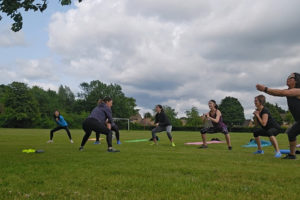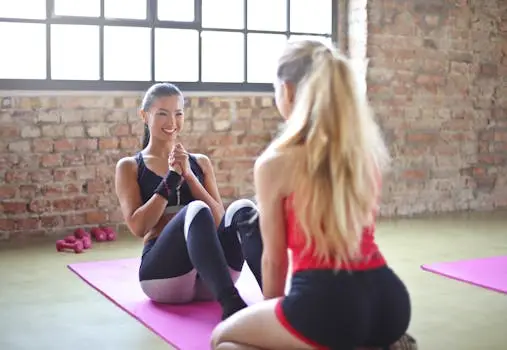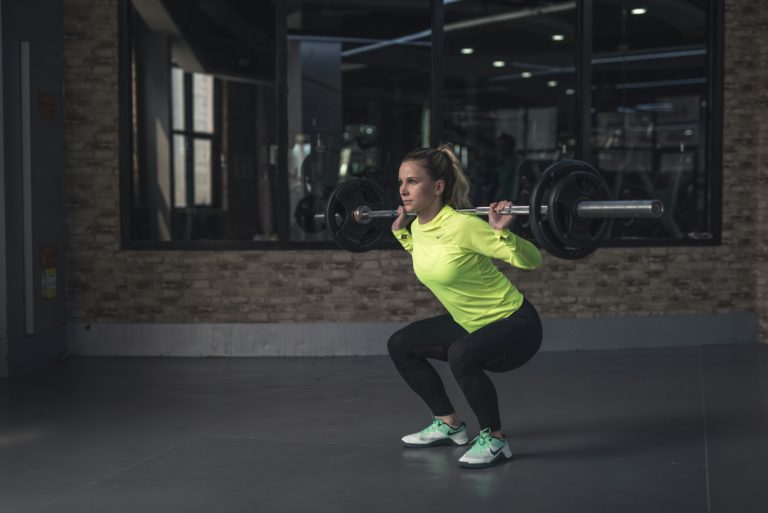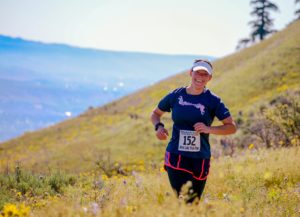
Fasting vs. calorie deficit for sustainable fat loss in women > exploring the science
What’s more effective for female fat loss, fasting or a calorie deficit? Explore the latest science on metabolism, hormones, and sustainable results.
As females, we are naturally built to move, think and behave differently from men. While we do share some human similarities, our body composition, hormones, energy, nervous and musculoskeletal systems are uniquely female. How we need to sleep, eat, and exercise also differs from males.
With Q Move Fitness as your fitness, health and performance coach, you will gain a deeper understanding into the power of your female body.
Learn how your body changes over time and how to use your unique physiology to train better, move more freely, fuel your body correctly, prioritise rest and recovery, and optimise your health, wellbeing, and performance.
Hormones play a crucial role in regulating both our physical and mental functions. When our hormones are balanced, we move, think, sleep, and perform effectively in our work, fitness, and daily goals.
Our female hormones also determine fat distribution, metabolism, water retention, muscle strength, and energy levels. These factors can fluctuate during different phases of the menstrual cycle. If you’ve ever noticed that some weeks you feel strong while other weeks you struggle with low energy, it may be related to your menstrual cycle.
Understanding how to navigate your hormones and adapting your training, nutrition and rest to align with your menstrual cycle can help optimise your fitness, health, and lifestyle goals.


Women have wider hips than men for a reason: to make giving birth easier. At the same time, our wider hips, also known as our Q-angle (the angle between our quadriceps muscle and the patella tendon that helps our knees track correctly), make running and jumping more difficult and increase the risk of knee trauma, such as acute ACL (anterior cruciate ligament) tears and blowouts.
Women and girls are six times more likely to tear their ACL during sports and exercise than men. The good news is that by strengthening your stabilising muscles in your core, glutes and hips, you can prevent knee trauma, allowing you to run, jump and land more effectively, especailly as you age.
Building strength, speed, and power is incredibly important for female health as we age, not just for fitness, but for long-term health, independence, and confidence. From around age 30, women naturally lose muscle mass each decade unless they actively strength train.
Building strength, speed, and power supports physical, mental, and metabolic health, keeps bones and muscles robust, and helps women live longer, more active, independent lives.
Benefits of building strength as a female, especially as we age:


What’s more effective for female fat loss, fasting or a calorie deficit? Explore the latest science on metabolism, hormones, and sustainable results.

Why does stress affect women differently to men? Our unique female physiology affects our stress response differently from men. While it’s very well understood for

Chronic stress plays havoc with female hormones Stress is a natural part of life. In small amounts, stress can be motivating and even protective, sharpening

Whether you’re in your 40s, 50s or beyond, now is the perfect time to start (or revisit) a fitness routine that focuses on building strength and confidence from the inside out.